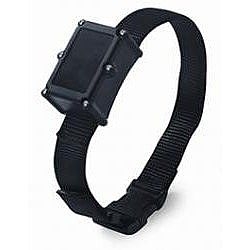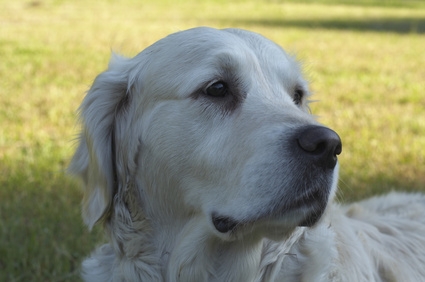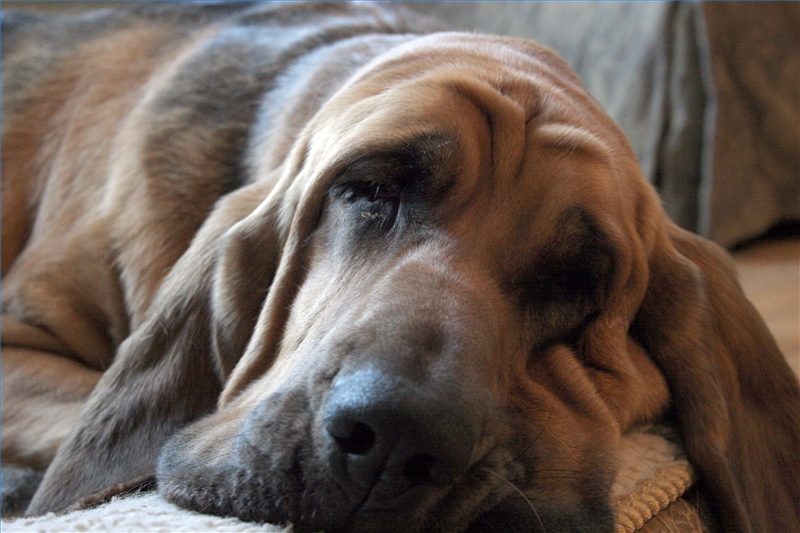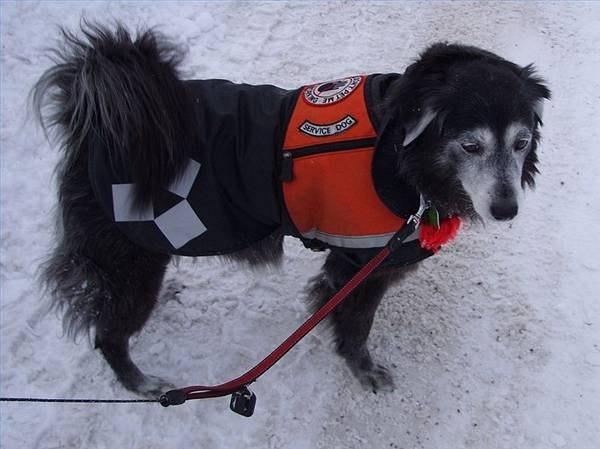The behavior of chewing seems to be an issue of personal preference amongst dogs: a few maintain an instinctive yearning to chew as a pleasurable endeavor in itself, and various others seem to control their need to chew at all unless they are absolutely bored.
The phrase destructive chewing possibly will sound superfluous, since by its very nature all chewing is destructive. Your dog has strong jaws chock-full of sharp, pointed teeth: most anything she starts to chew on will probably reveal the consequences of it almost immediately. So solely to explain, the phrase destructive chewing refers to inappropriate chewing: the kind of chewing that is focused on your own belongings and household items, as a substitute of your dogs own designated toys and chews.
The three major reasons why dogs chew:
Most dogs have a natural craving to chew. It is fun, it passes time, and it is a self-rewarding, self-reinforcing pursuit (for instance, if she is chewing on something good tasting.)
Chewing provides an anxious, bored, or lonely dog with an outlet for her emotions. To a nervous dog, repeatedly chewing is soothing. It is the doggie equivalent of comfort food.
Under exercised dogs often utilize chewing as a way of burning up pent up, nervous energy and it gives them something to do.
How to prevent destructive chewing
Dogs are completely competent of learning not to chew your stuff,you first have to put in a little effort.
1. Take control of the circumstances: manage your own belongings.
The first step you should take is to dog-proof your home. Do not test the dog's self control even if you have the world's best-behaved dog. Bear in mind, dogs explore their surrounding with their mouths.
Take whatever you do not want to end up in your dog's mouth and make it unavailable to dog-proof your home. To decide whether something is out of reach, think about the following: when standing on her back legs, how tall is she?; how high can she jump?; how agile is she when jumping?
Book, eyewear, clothing, shoes, garbage, and anything crunchy like remote controls and cell phones are common targets in the home.
When there is food at stake, dogs can be extremely agile and athletic. Do not leave food on low tables or countertops. Make sure to rinse your dirty plates before leaving them by the sink if you do not want an unexpected and unpleasant surprise.
2. Do not let you dog learn the joys of destructive chewing. She will continue to target items in the future if she has the opportunity to snatch a forbidden item such as a shoe, a chair leg, or a pillow. Preventing her from chewing your possessions in the first place is a lot easier for her to understand your expectations. Confine her in a dog-proofed area until you are sure she understands the house rules.
3. Do not blur boundaries by giving you dog cast-off clothes, shoes, or towels to chew on or play with. Doing so just sets your dog up for failure. You cannot reasonably expect your dog to tell the difference between you current shoes and the one you gave her for playtime.
4. Provide your dogs with tasty alternative to your possessions. Shop for several toys including chew toys for your dog. Remember, most dogs have a need to chew. Keep things interesting by rotating her toys every few days. Provide her with lots of tasty alternatives to your stuff.
5. Be committed and spend lot of time in active supervision. Do not keep her penned up in a crate, run, or the yard. Although it might be easier for you, it is boring and horrible for her and not much fun for you either. If you did not want to interact with your dog, you should have gotten a goldfish. In order to understand what is appropriate and what is not, she needs the opportunity to explore the boundaries of your expectations.
6. If you do catch your dog chewing on something inappropriate, interrupt her by making a loud noise: clap your hands or make a noise. Give her a tasty and dog-appropriate alternative immediately (a chew toy). Praise her as soon as her jaws close around it. Make sure to lavish the praise. This simple act will help your dog to understand that chewing her toys equals praise from you, but other items mean trouble.
- Maintain a productive mind-set -
Most of all, you should have realistic expectations. You are not perfect, so you should not expect your dog to be perfect either. A treasured item may still be damaged by her curiosity.
Early on, your dog is learning the ropes. Spend plenty of time with her to help her learn the rules. Until she know the chewing rules, take precautions and keep things out of reach.

 How to find the Best Electronic Dog Training Collar
How to find the Best Electronic Dog Training C
How to find the Best Electronic Dog Training Collar
How to find the Best Electronic Dog Training C
 The Best Ways to Potty Train a Puppy
The Best Ways to Potty Train a Puppy
T
The Best Ways to Potty Train a Puppy
The Best Ways to Potty Train a Puppy
T
 Service Dog Training Programs
Service Dog Training Programs
Service
Service Dog Training Programs
Service Dog Training Programs
Service
 Scent Training Dogs
Scent Training Dogs
Scent Training Dog
Scent Training Dogs
Scent Training Dogs
Scent Training Dog
 Service Dog Training Requirements
Service Dog Training Requirements
Serv
Service Dog Training Requirements
Service Dog Training Requirements
Serv